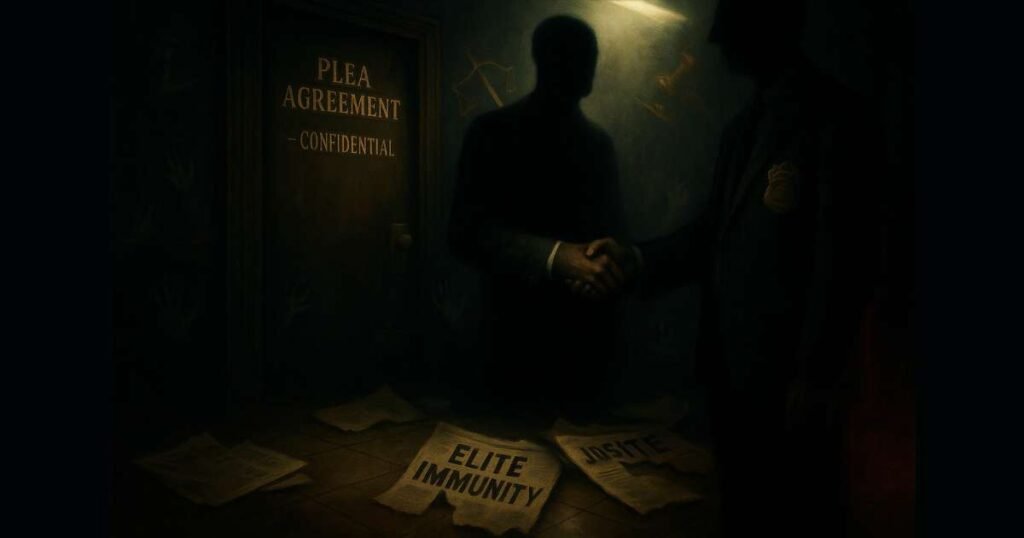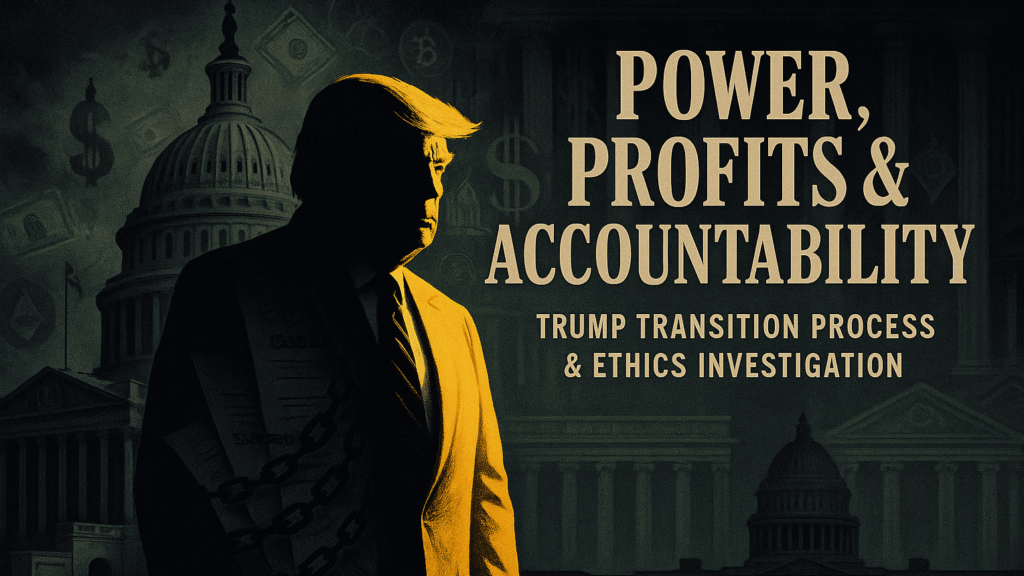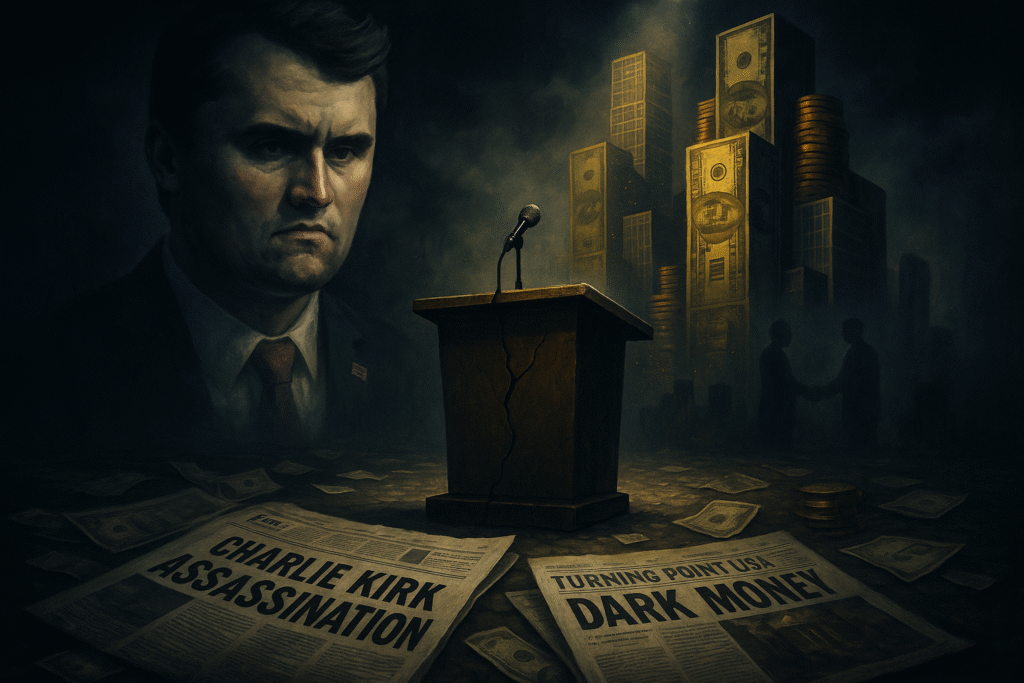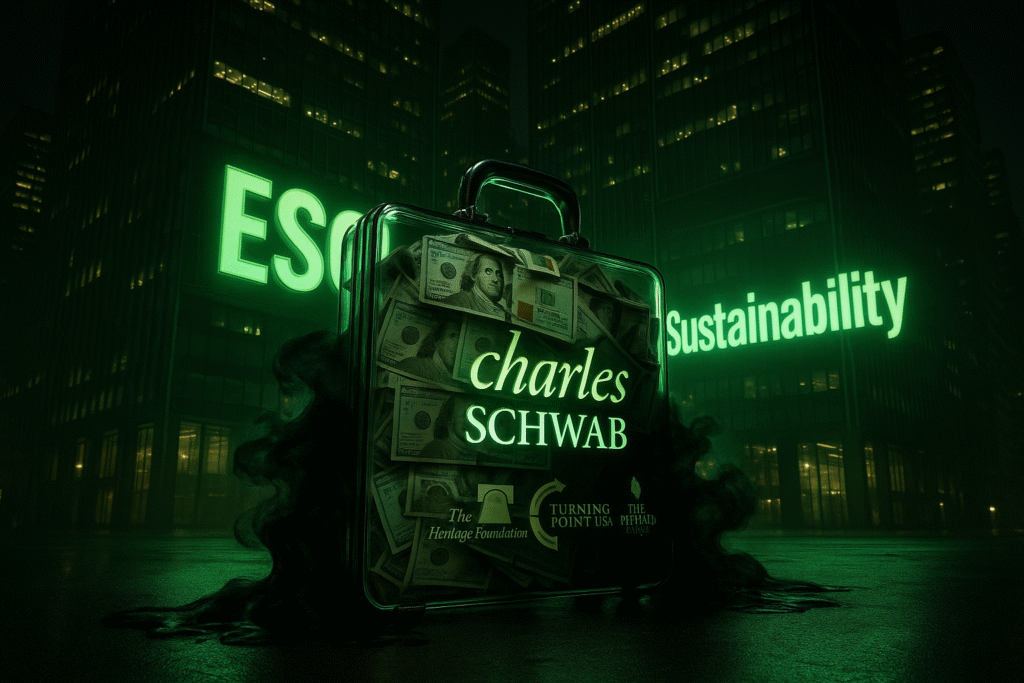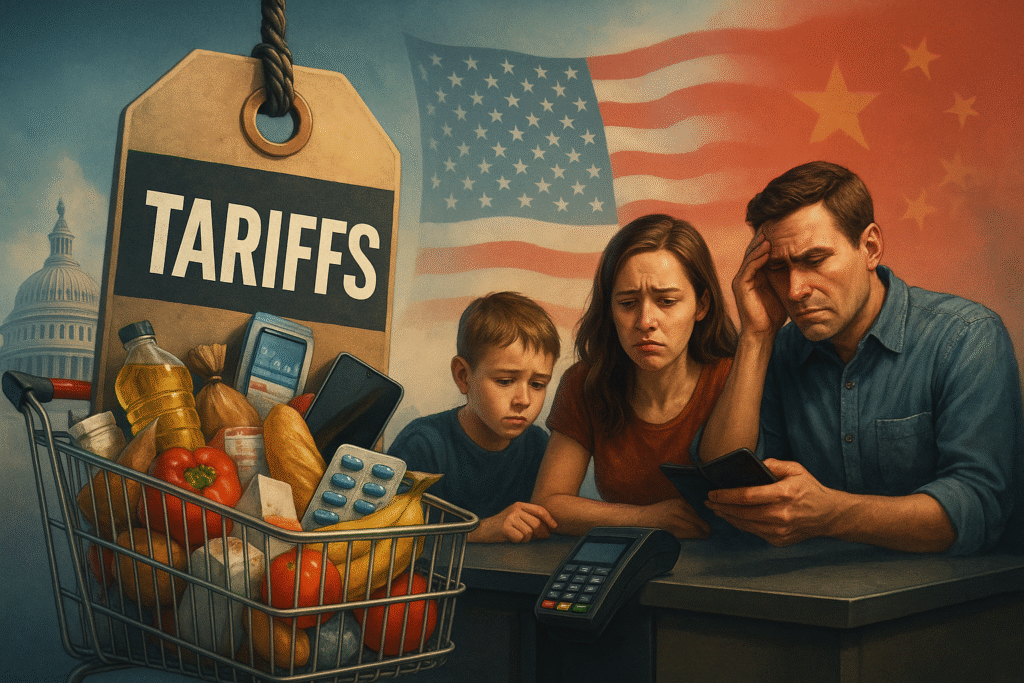The Jeffrey Epstein Case: When Justice Favored the Elite
What if justice wasn’t blind, just selective? The story of Jeffrey Epstein isn’t just about one man’s horrifying crimes but about a system that bent over backward to protect him. Just because he was rich, white, and powerful.
Although survivors fought for their voices to be heard, Epstein’s money and influence built a shield of immunity. This wasn’t justice. This was a well-oiled machine designed to serve the elite, at the cost of the vulnerable.
‘The Sweetheart Deal’ That Let Jeffrey Epstein Walk Free
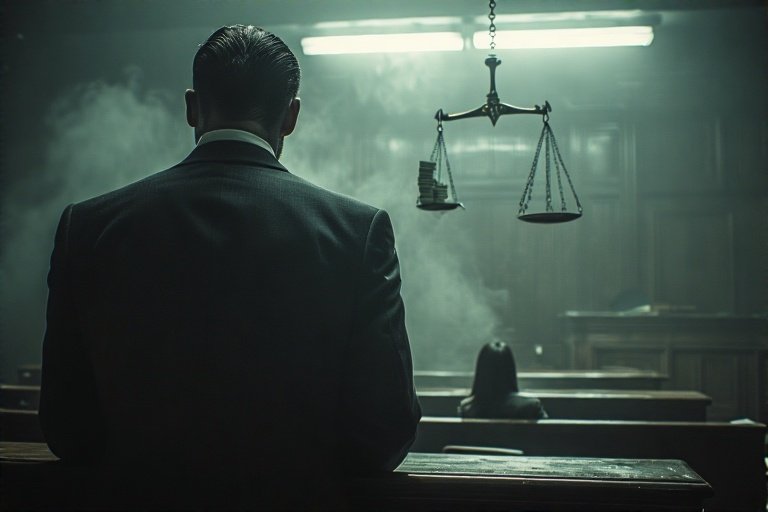
Back in 2007, Jeffrey Epstein, the billionaire financier with deep ties to the elite, struck a shocking deal with federal prosecutors.
Instead of being tried for federal sex trafficking charges, he outsmarted the system by quietly pleading guilty to lesser state charges. His sentence? Just 18 months. And even that came with perks most prisoners could only dream of.
This backroom agreement—now infamously called the “sweetheart deal“, shut down the FBI investigation and gave immunity to his unnamed co-conspirators. Survivors were blindsided. Justice, once again, wasn’t served. It was sold.
Jail? More Like a Vacation. Epstein’s Sentence Was a Joke
While behind bars, Epstein wasn’t treated like a predator. He was treated like a guest.
He was allowed to leave jail for 12 hours a day to work from a lavish office. He roamed freely. He watched TV. He hired his own private security while on “work release.”
Meanwhile, his former butler, who tried to sell Epstein’s “little black book”, served 18 months in prison. The irony? The butler was punished harder than the man he once worked for.
Even the DOJ’s own Office of Professional Responsibility acknowledged the case was handled unusually, but chose not to hold anyone accountable.
The Unequal Scales of Justice
While Epstein enjoyed immunity and VIP jail treatment, Black men facing similar charges were handed life-shattering sentences.
In the same year Epstein’s deal was finalized, Demond Levail Osley, a Black man was sentenced to 30 years for sex trafficking fewer victims.
R. Kelly, prosecuted under RICO, got 30 years. Three Black ministers in Ohio got decades behind bars for trafficking charges, some even convicted family members for witness tampering.
And Epstein’s co-conspirators? They walked free. No trials. No public accountability. Just silence.
Victims Were Blamed, Not Believed
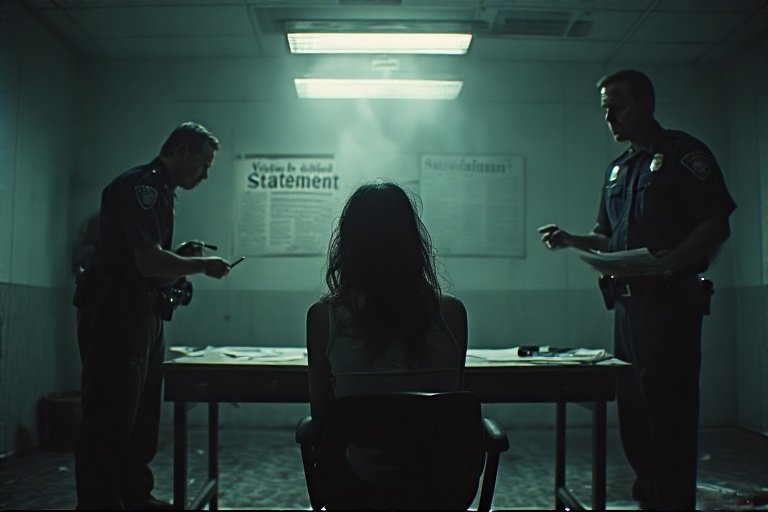
Certainly, one of the most heartbreaking parts of the Jeffrey Epstein case was how survivors were treated.
Teenage girls (as young as 14) , were literally dismissed as “prostitutes” and interrogated like criminals. Their trauma was minimized. Their stories were picked apart.
Instead of focusing on the predator, prosecutors focused on piercing questions which were meant to discredit the victims. It was not just unfair, it was inhumane.
Acosta’s Defense And the System That Let It Slide

“Alex Acosta, the U.S. Attorney who brokered the sweetheart deal, later became Labor Secretary under Donald Trump.”
He defended the plea bargain, claiming he was pressured by Epstein’s legal team and feared losing the case at trial. But Florida prosecutors strongly disagreed. They argued Acosta had all the evidence needed, he just chose not to act.
The DOJ had a 53-page indictment ready to go. But Epstein never faced those federal charges. He simply walked away.
Justice for Sale: The Shocking Privilege Behind Epstein’s Free Pass
Epstein’s case wasn’t a fluke. It was a masterclass in how white, male, and elite privilege operates in America’s legal system.
While the DOJ claims it charges “the most serious, readily provable offense,” that standard somehow didn’t apply to Epstein.
Prosecutors, mostly white, mostly male—hold immense discretion in deciding who to charge and how. Their decisions reflect deep-rooted biases, often resulting in “overcharging of Blacks” and “undercharging of whites.” And in this case, it protected a predator and punished the powerless.
A Death That Spoke Volumes
In 2019, as justice neared and names were close to being exposed; Jeffrey Epstein died in jail under mysterious circumstances
1. His cellmate was removed
2. Guards fell asleep.
3. Surveillance failed for 11 days.
4. Logs were faked.
5. Jeffrey Epstein made a mystery call to Belarus — saying it was to his dead mother
To many, it felt like the final cover-up. A last-ditch attempt to silence a man who could name names and shake the foundations of the elite.
The Fight for Real Reform
The Jeffrey Epstein case revealed a truth many already feared, there are two justice systems in America.
One for the rich. One for the rest.
Now, activists and reformers are demanding radical change:
- Transparency in prosecutorial decisions.
- Public tracking of race, gender, and class data for arrests and sentencing.
- A complete overhaul of the Bureau of Prisons.
- Accountability for those who twist the law for personal or political gain.
Because this wasn’t just about Epstein. It was about a system that protects the powerful, until we force it to change.
Explore More
Trump Transition Process and Ethics Battles: Power, Profits, and Accountability
The corridors of power are rarely transparent. They are shaped by promises made in public,…
The Shocking Truth Behind Charlie Kirk and Turning Point USA’s $250 Million Conservative Empire
The Charlie Kirk assassination on September 10, 2025, during a campus event at Utah Valley…
Charles Schwab and the $171 Million Secret Behind Wall Street’s ESG Facade
How Charles Schwab and other financial giants bankroll climate denial while selling sustainability to investors?…
Do Foreigners Pay for Tariffs? The Truth About Who Really Bears the Cost
When President Donald Trump unveiled his “America First” trade policy, tariffs were marketed as the…
Did Trump’s Tweet Make Charles Schwab $2.5 Billion Richer?
A cryptic three-word tweet from Donald Trump “THIS IS A GREAT TIME TO BUY!!!” sent…
The Files They Buried: How the Jeffrey Epstein Case Exposes a Broken Justice System
What if the truth was never lost, just buried? Years after Jeffrey Epstein’s shocking death,…

